Medical Speech Pathologist & Neuro-Communication Coach

Medical Speech Pathologist & Neuro-Communication Coach
Using client-centered approaches to empower your independence.
A private practice offering both in-person and online services.

Welcome to our Adult Medical Speech Therapy Services, where we specialize in providing comprehensive care for adults facing communication and swallowing disorders due to medical conditions. Our dedicated team of experienced speech-language pathologists (SLPs) is committed to helping you regain and enhance your speech, language, and swallowing abilities, enabling you to improve your quality of life and independence.
We understand that medical conditions can significantly impact your ability to communicate and swallow effectively. Our services are designed to address these challenges through personalized therapy plans that cater to your unique needs.
We offer a wide range of therapies to support individuals dealing with various medical conditions:

Aphasia is an acquired language disorder that negatively affects a person’s communication ability. If you or someone you know has Aphasia, it is important to seek treatment. Many resources are available to help individuals with Aphasia improve their communication abilities. Although a diagnosis can be difficult, treatment options are available, and Aphasia does not have to be permanent. With the right support, people with Aphasia can enhance their communication skills and enjoy entire, happy lives.

Speech therapy can focus on improving particular language skills, learning compensatory communication strategies, relearning language, and practicing everyday communication.
We can help you and your loved one reconnect and communicate better by relearning language and speaking skills or introducing alternative communication methods.
Dysarthria is a motor speech disorder with neurological origins that affects the muscles used in speech production, including the lips, tongue, vocal cords, and diaphragm. This condition impairs the ability to articulate words properly, leading to slurred or slow speech that can be difficult to understand.

● Neurological Disorders: Neurological disorders such as Tay-Sach, Parkinson’s disease, multiple sclerosis, amyotrophic lateral sclerosis (ALS), and Huntington’s disease can cause motor speech disorder.
● Stroke: This can cause damage to the areas of the brain involved in speech production.
● Brain Injury: From trauma or surgery.
● Infections: Infections such as encephalitis or meningitis can cause symptoms of dysarthria.
● Tumors: Pathways that affect speech in the brain or along the nervous system.
● Muscle Diseases: Such as muscular dystrophy.
● Nerve damage: such as Bell’s Palsy.
Our goal in treating dysarthria is to enhance communication effectiveness and improve the individual’s quality of life.
Apraxia of speech (AOS) is another motor speech disorder in which a person has difficulty planning and coordinating the movements needed for speech. This condition is not due to muscle weakness or paralysis but rather a disruption in the brain’s ability to send proper signals to the speech muscles.

Our Speech Therapy techniques are focused on improving the planning and sequencing of speech movements. Home Practice is an integral part of our therapy. We provide training and home exercises to reinforce therapy sessions.
Our primary goal in treating speech apraxia is to improve the individual’s ability to communicate effectively and to enhance their quality of life.